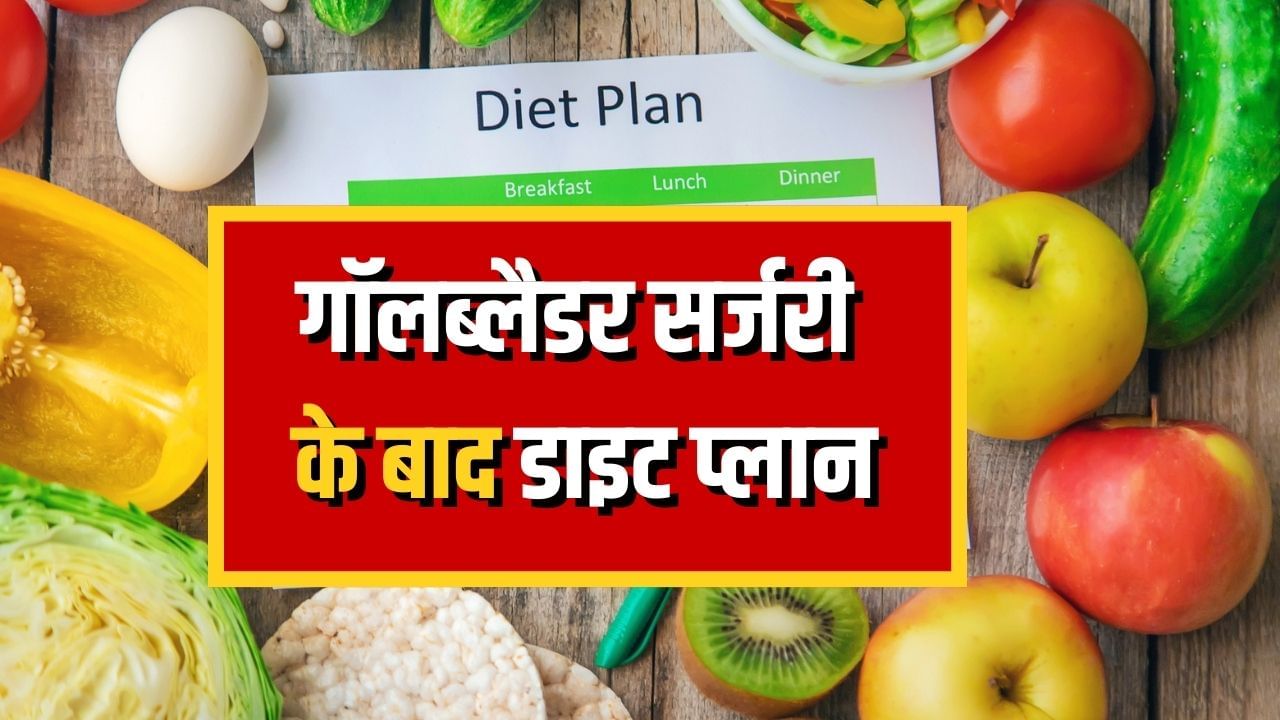What to eat after removing gallbladderImage Credit Source: Getty Images
Gall Bladder Removal Surgery: Gallbladder means that the gall bladder works to digest fat in the body. When there is stones or other serious problems in it, doctors remove it through surgery. Most people can live a normal life after removing the gallbladder, but digestion can be affected. Therefore, the right catering becomes very important. Let’s know what to eat after surgery and what should be avoided.
Gallblader After removing after surgery, there are many changes in the lip. You have to make many changes in your diet. It is advisable to go to liquid diet instead of solid food. It includes things like clean soup, coconut water, lemonade and light khichdi. Gradually, when the body starts recovering, then light and easily digested food is started.
What should be the initial diet after surgery
Dr. Paramjit Kaur, a dietician at AIIMS According to, it is very important to adopt the right diet and lifestyle after removing the gallbladder. Light, nutritious and low fat food makes digestion easier and prevents problems after surgery. Let us know how the diet should be taken after the surgery of the gallbladder.
What to eat in the first 7 days
During the first 7 days after surgery, food should be easily digested and it should be served in small amounts to reduce digestive problems.
- 1 cooked vegetables, peeled and seedless, such as tea, brinjal, carrot, green beans, zucchini, pumpkin and beetroot
- 2 peels and seedless fruits, such as apples, pears, bananas, peaches and papaya, without sweet juice
- Vegetable soup or broth with 3 chicken or turkey
- 4 Mashed vegetables without milk or butter, such as potatoes, carrots and sweet potatoes
- 5 low -fat proteins, such as chicken or turkey, chopped white fish and tofu
- 6 low -fat dairy products, such as Recota, Light Mozarella and Paneer
- 7 plant-based drinks, such as soy, oat or rice milk
- 8 Easily digested carbohydrates, such as white rice, pasta, white bread, cream crackers, rice or corn cakes, and sugar-free gelatin.
What things to avoid
During recovery, it is best to avoid foods that bothering more fat or digestive system, such as: fatty red meat such as organ meat, bacon, sausage, chorizo, blood sausage, ham, canned meat and fish cooked in oil.
Dairy Products- Such as complete milk, full -fat yogurt, yellow cheese and butter.
High fat- Foods such as fried foods, chocolate, avocado (only in the early stage), coconut, peanuts, walnuts, almonds, cashews and ice cream.
Ultra Processed substance- Such as cakes, pizza, sandwich cookies, pre -cooked foods and sweets.
Spices -Sheat sauce like chili, curry, paprika, and tabasco.
Alcohol and Caffeine- Contains drinks such as coffee, black tea, green tea
Avoiding these foods helps prevent diarrhea, stomach pain, nausea and other digestive problems. Some healthy fats, such as avocado, walnuts, almonds, and linseed or chia seeds, can be added back to the diet gradually.
